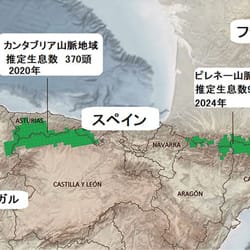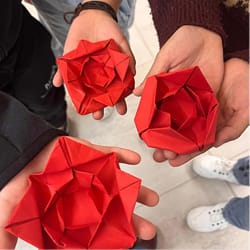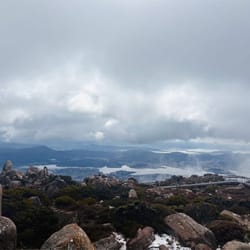Although preboggion does not have a fixed, defined composition because it changes according to the season and the territory, this is how we call some bunches of herbs, made up primarily of some local beets, cabbage leaves and parsley.
It consists of a careful selection of herbs, collected and then boiled widely used for soups, omelettes, pies but in particular for the filling of the pansoti pasta cooked in walnut sauce.
They are typically used as the filling for many veggie pies with the addition of goat cheese or for homemade ravioli pasta.
Although fresh pastas are nowadays often filled with chard or spinach (more commonly found), the typical Genoese recipe calls for a preboggion filling.

Preboggion ravioli
For some years this tradition has been almost lost but now with the foraging that many chefs have rediscovered, restoring an ancient and forgotten taste to dishes.
In modern times, it is getting increasingly difficult to find people who can recognize and identify these wild herbs and therefore discern the good ones from the poisonous ones because the centuries-old knowledge of the peasants is a heritage that is being lost, even if there is an attempt to recover this expertise which is also part of our history.
For many local people they are part of the Ligurian and Genoese essence as they are strongly rooted in the territory, tenaciously present and tied to tradition.
The first uncertainty starts right from the origin of ‘this mixture’ which apparently is supported by two different stories (legends perhaps).
The first narrates that some Genoese crusaders, during the siege of Jerusalem in the second century after Christ, might have collected some spontaneous herbs for medicinal uses before leaving and then they would have ended up cooking them creating a new recipe.
This legend also mentions the Genoese dock workers, who would have apparently learnt the recipe from the crusaders and continued the tradition.
The other story, which is more likely to be close to the truth, says that the name preboggion derives from ‘preboggi’ where ‘boggi’ means boiling and ‘pre’ means that the herbs must be boiled first (pre-viously) before adding them to any other recipe.
There are also those who attribute to preboggion the meaning of chaotic ensemble for the different variety of herbs included.
It seems that during the famine that Genoa suffered in the 19th century due to a naval blockade, children used to knock on every door to ask for something to eat and these local herbs (easily found) were cooked in a cauldron and distributed among the poorest people.
The story goes that the city governor ordered to distribute soups with these wild herbs at low prices shortly after the beginning of the famine and this is how these herbs ‘saved’ the city.
In memory of this event, we celebrate the anniversary of the end of the famine every year on the occasion of Saint Albert which falls on November 15th.
Since regional variations commonly occur for any Italian recipe also preboggion differs across Liguria.
In some areas of Liguria it is synonymous with pumpkin flowers while in some other parts of our region these wild herbs are simply called herbs and are used for a wide variety of salads are raw recipes too.
Ligurians have always had a long memory in the kitchen. To find out our translation (and our use) for the term preboggion, why don't you come and taste the dishes of our restaurant?






























































